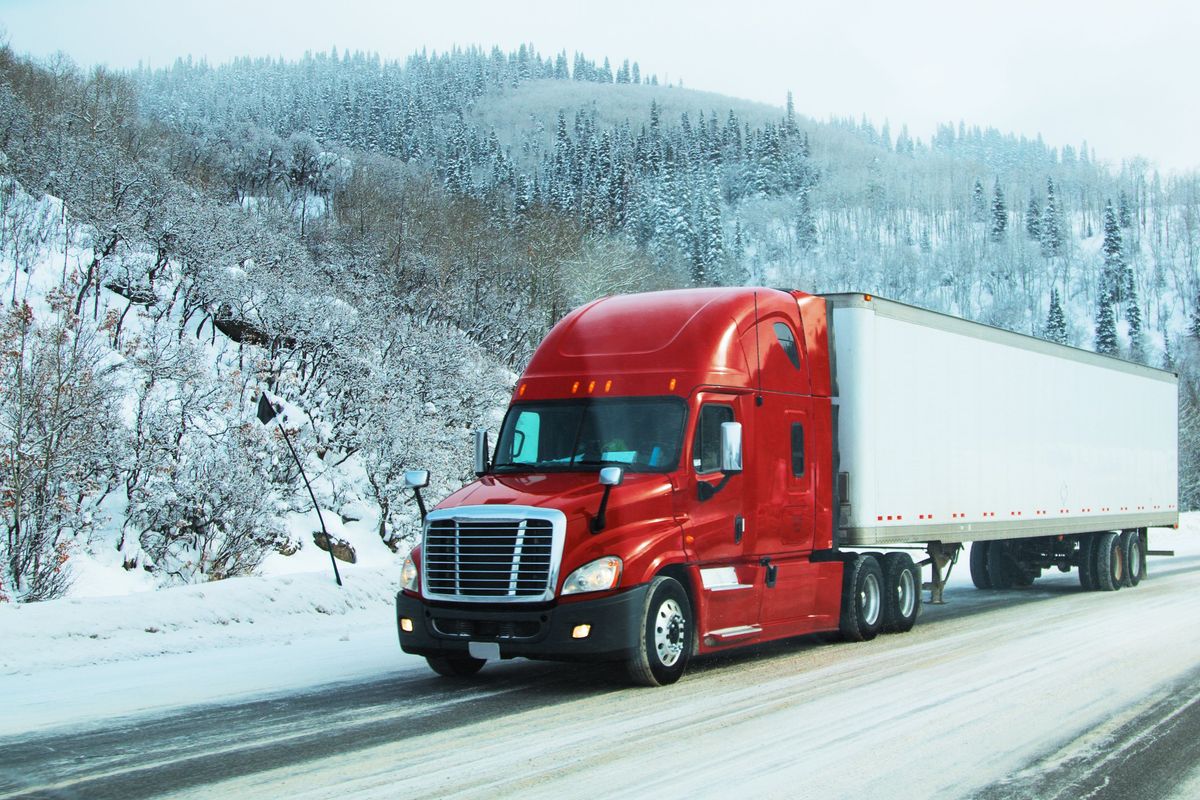
Avoid These 3 Holiday Driving Hazards
During the holiday season, more than one-third of Americans travel by car, according to the American Automobile Association (AAA). This year, experts expect those numbers to rise. The result: congested roads.
Steer clear of danger. Watch for these three common holiday hazards:
1. Congestion – The holidays can turn your favorite route into a nightmare. Take charge by planning your trip ahead of time. Map out a few different routes, so you’ll know where to go — and what to do — should you hit a traffic jam. Leave early if possible so you have more time to reach your destination. And limit the number of lane changes you make on your route.
2. Impaired driving – When roads get crowded, people who drive while impaired create a high risk of injury not just for themselves but for everyone else on the highway. Impaired driving includes:
- Drunk driving – In 2020, the National Highway Traffic Safety Administration estimated that 39% of traffic fatalities during the Christmas holiday were caused by alcohol-impaired drivers.
- Drowsy driving – As many as 27% of U.S. drivers say they sleep less than 6 hours a night, according to the National Institute for Occupational Safety and Health. That number increases in December as people handle numerous holiday obligations.
- Distracted driving – Texting, eating, drinking, map reading and other distractions take a driver’s eyes off the road for an average of 4.6 seconds, during which time a driver traveling at 55 mph goes 371 feet (longer than a football field), according to the Federal Motor Carrier Safety Administration.
Combat all these behaviors by driving defensively. Check your mirrors often. Scan ahead at least a quarter of a mile. Look for telltale signs of impaired driving, such as swerving, tailgating and drifting. Stay sober. Don’t text and drive. And get at least seven hours of sleep.
3. Winter weather – The holidays mean snow, sleet and freezing temperatures for certain parts of the U.S. Take extra caution on bridges and overpasses, which freeze faster than the road. Clear all ice and snow from your truck and trailer. Keep a fully stocked emergency kit, and carry extra blankets, bottled water and non-perishable foods if you get stuck.